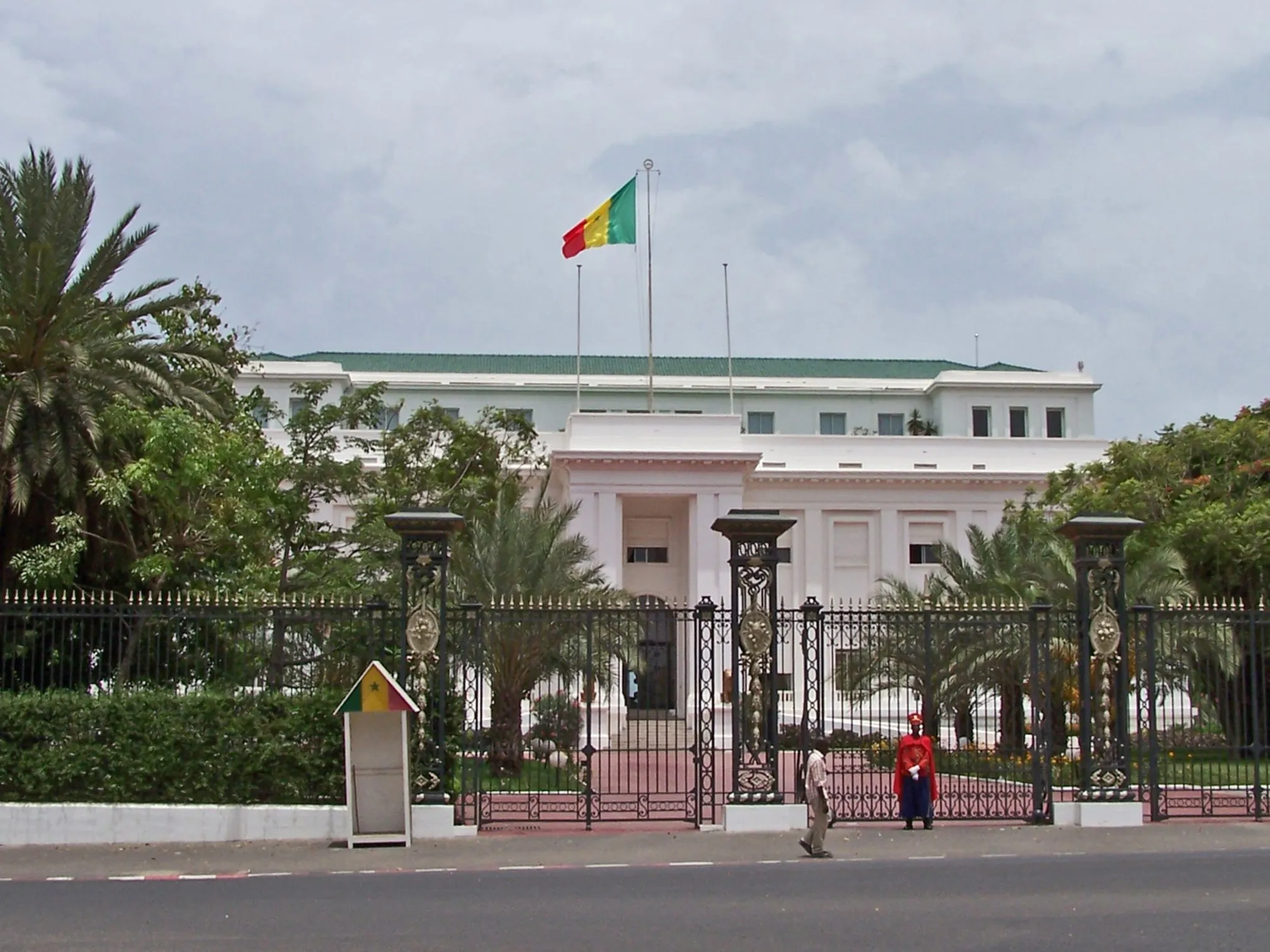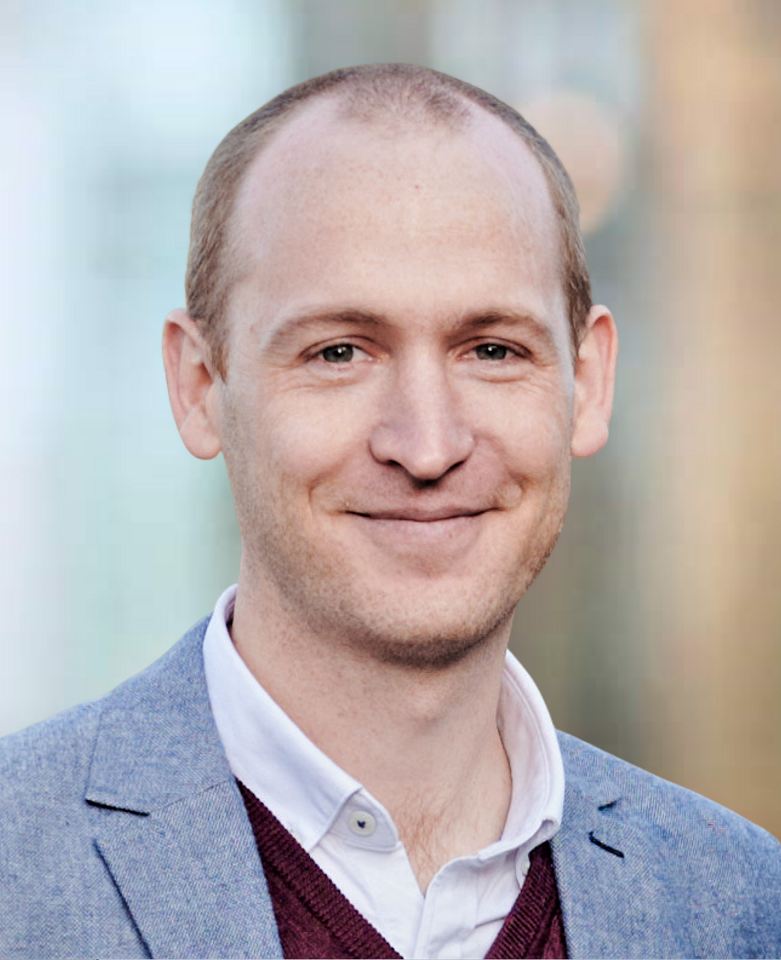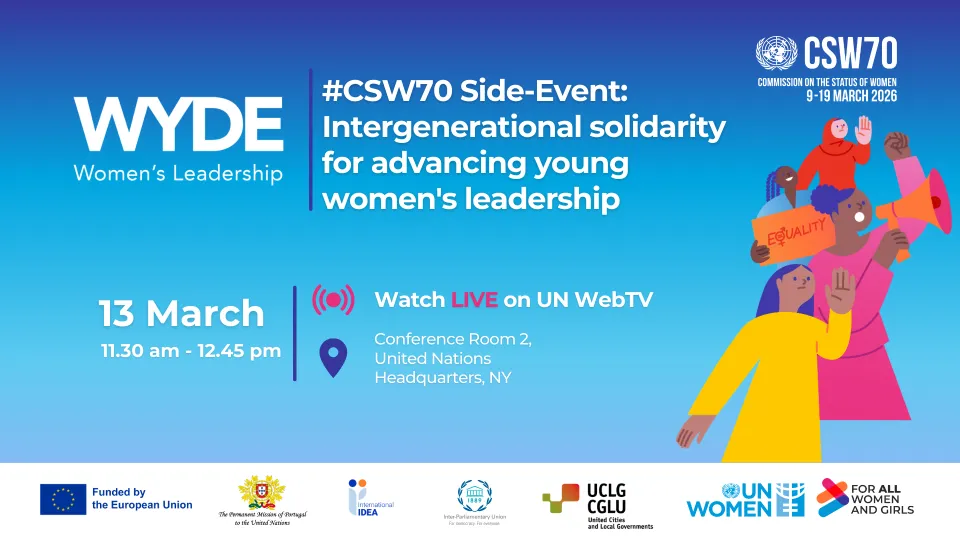How to make sense of the electoral situation in Senegal

Disclaimer: Opinions expressed in this commentary are those of the authors and do not necessarily represent the institutional position of International IDEA, its Board of Advisers or its Council of Member States.
In the space of just a few months, Senegal has gone from being one of the most stable and predictable democracies in Africa to being a confusing political context filled with uncertainty. To properly understand the changed electoral calendar and its larger substantive ramifications, it is necessary to consider for a moment the events that have taken place in Senegal in the last half of Macky Sall’s second term. Much of the drama actually began with Sall’s own flirtation with running for a third term as president (including a long-running refusal to publicly rule it out), despite the apparent conflict with the term limits established by the constitution.
This electoral cycle has highlighted a few important pressure points in Senegalese democracy: (1) the independence of trial courts and prosecutors, (2) the independence of the Constitutional Council, and (3) respect for democratic norms on the part of the head of state. The events could be understood as a drama in four acts, with the final act to be written by the Senegalese people when the election finally takes place (on a date yet to be determined at the time of publication).
Act 1: Ousmane Sonko’s legal woes
Ousmane Sonko emerged as a credible candidate for the presidency during the last election in 2019 when he finished in third place (with almost 16 per cent of the vote). He continued to build support in the country in the years after this, establishing a political movement with a great deal of support from Senegal’s youth through a combination of effective social media usage and an anti-system political orientation that extends to a rejection of France’s influence in the region. However, his presidential aspirations began to unravel in 2021 when he was charged with rape. In June 2023, his trial for this charge ended with a conviction for a lesser offence (having sex with someone under the age of 21). Beyond the seriousness of the alleged crime itself, under Senegalese law, a criminal conviction that disqualifies one from registering to vote also disqualifies one from being a candidate for elected office – thus both imperiling his political ambitious and raising the possibility that the prosecution was politically motivated. Sonko’s legal problems only grew after June 2023, as he was convicted of libeling a government minister and then charged with fomenting insurrection (among other related alleged crimes). A key question for Senegalese democracy is the extent to which the various charges against Sonko were politically motivated.
Act 2: The Constitutional Council establishes the list of candidates
On 20 January 2024, following a presidential decree setting the election date on 25 February, the Constitutional Council published the list of candidates for the presidency. The list was the longest in Senegalese history, with a full 20 candidates. However, two potential candidates that had been expected to mount serious challenges to the ruling coalition’s (Benno Bokk Yaakaar, BBY) candidate Prime Minister Amadou Ba were excluded from the list. Karim Wade was excluded on the basis of evidence that he had French citizenship from birth, and that he had not renounced it in time to establish his eligibility. Ousmane Sonko was deemed ineligible due to his criminal conviction in the libel case discussed above. While the Constitutional Council’s decision followed procedures established by the constitution, the larger political context in which it was delivered was one in which supporters of opposition candidates could find reasons to be suspicious. In the days following the publication of the list of candidates, Karim Wade’s party (Parti démocratique sénégalais, PDS) requested a parliamentary investigation into two of the judges of the Constitutional Council, alleging that they are corrupt. Yet the Constitutional Council upheld a strict interpretation of the constitution.
Act 3: President Sall announces the election will be delayed
In this restive political context, on 3 February, President Sall announced that the elections long planned for 25 February would not take place. He referenced the ongoing controversy over candidate eligibility as a reason for the delay. However, it was not clear that he had the constitutional authority to act in this manner, and he provided no indication of when elections would be held. On 6 February, in a chaotic session that involved the forcible removal of opposition lawmakers, the National Assembly passed a constitutional amendment allowing a delay in holding elections and set a new election date of 15 December. This decision provoked popular opposition, as well as a firm communique from ECOWAS calling for compliance with the electoral timeline – highlighting the importance of both popular mobilizations and supranational organisations as countervailing institutions. Crucially, opposition parties filed constitutional challenges to the postponement of the election, and on 15 February, the Constitutional Councilruled that the delay in holding the election was unconstitutional, and that the election should take place as soon as possible – itself again emerging as an effective countervailing institution. On 16 February, President Sall pledged to implement the Constitutional Council’s ruling ‘without delay.’ He further pledged to leave office when his term ends on 2 April, without clarity on who will take over until the elections. President Sall’s commitment to abide by the rulings of the Constitutional Council has been one of the key factors for democratic resilience in Senegal in 2024. Act 4 in this electoral drama will place the choice of how to move forward back in the hands of the Senegalese people – whenever the election is eventually held.
The status of democracy in Senegal today
The drama of the past several years indicates a few different things about democracy in Senegal. To begin with the positives, there is a vibrant culture of participation. Whatever Ousmane Sonko’s real culpability may be, Senegalese youth were eager to support his candidacy and rallied to his cause each time he came before a judge. Moreover, the massive public protest against the delay to the election further demonstrates that the people of Senegal care deeply about elections as a way to effect political change in their country. Turning to the negatives, certainty about the eligibility of candidates for high office is critical to holding credible elections. While there was nothing wrong with the process in the Constitutional Council, the fact that there was uncertainty about candidates so close to the actual election date created the conditions for strife and confusion. The several cases against Sonko also raise credible questions about political motivations for at least some of the charges against him. More broadly, President Sall’s flirtation with running for a third term has given fuel to the speculation that his intervention to delay the election serves personal and partisan concerns rather than the interests of the Senegalese people. This electoral cycle has been far from ideal thus far, but through the interventions of the Constitutional Council Senegal has managed to avoid the worst outcomes. Senegalese democracy has shown resilience, but remains in a vulnerable position, and it is vital to the progress of democracy throughout West Africa for it to succeed now.




